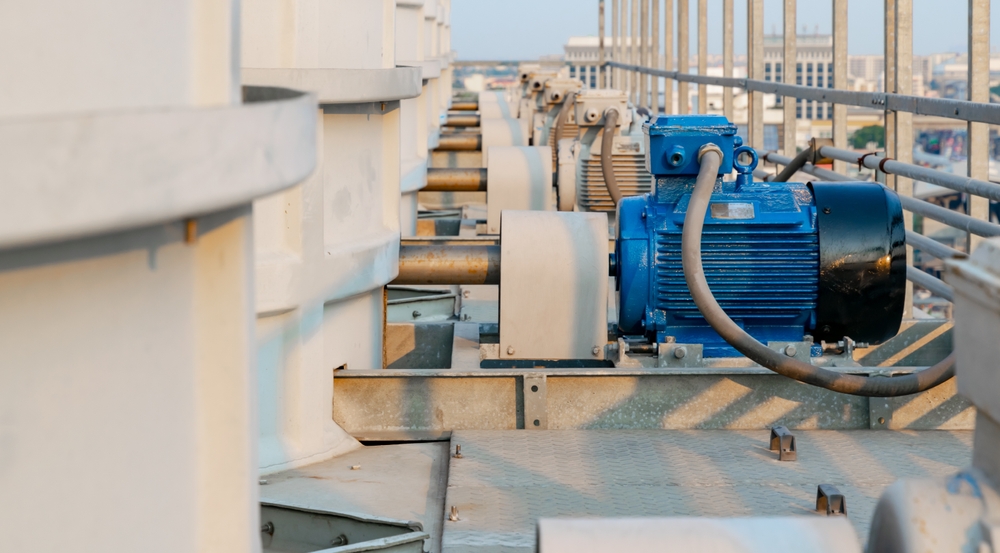How Seasonal Conditions Affect Motor Reliability

Motors are designed to run reliably year-round, but they don’t operate in isolation. Seasonal shifts in temperature, humidity, and production demand all influence performance in ways that can shorten service life if left unaddressed. As fall turns to winter, preparation becomes critical. A few simple adjustments can help prevent costly failures and keep your equipment running smoothly through colder months.
Understanding temperature drops and motor stress
Colder weather puts stress on motors from the very first startup of the day. Lower temperatures increase inrush current, while metal components contract and shift tolerances. Bearings, couplings, and alignment can all suffer if lubricants stiffen in the cold. Repeated exposure to these conditions can accelerate fatigue in windings and bearings, causing failures when equipment is under load.
Top preparation tips:
- Use low-temperature lubricants that maintain proper viscosity in cold conditions.
- Allow motors to warm up gradually before applying full load.
- Inspect couplings and check alignment after major temperature swings.
Identifying humidity and condensation risks
As outdoor temperatures drop and indoor environments remain warm, condensation becomes a significant threat. Moisture inside housings or control panels accelerates insulation degradation, corrodes terminals, and increases the likelihood of ground faults. Seasonal humidity changes also contribute to cycles of wetting and drying that wear on insulation faster than steady conditions. Left unchecked, this moisture damage often appears first as nuisance trips before progressing into full-scale breakdowns.
Top preparation tips:
- Install space heaters or anti-condensation heaters in motor enclosures.
- Inspect seals and gaskets to ensure moisture can’t enter housings.
- Perform regular insulation resistance testing to catch early deterioration.

Handling seasonal load variations
Fall and early winter typically bring changes in production schedules. Food processors, agricultural operations, and logistics providers all see spikes in activity that push motors harder and more frequently. These load variations can raise winding temperatures, accelerate bearing wear, and expose weaknesses created by seasonal stresses. Even small inefficiencies become magnified when motors are running near capacity for longer stretches.
Top preparation tips:
- Monitor motors closely for overheating during sustained operation.
- Track circuit trips or overload events that signal electrical stress.
- Schedule inspections and load testing before seasonal production peaks.
Preparing for winter reliability
Beyond temperature, moisture, and load challenges, winter preparation requires a systematic approach to motor care. By checking key components and protections ahead of time, you can reduce the chance of unexpected downtime.
This is also an opportunity to align preventive maintenance schedules with seasonal cycles, ensuring equipment enters the cold months in peak condition. Even modest adjustments, like recalibrating heaters or refreshing lubrication, pay dividends by extending service life and preventing avoidable shutdowns. Here are a few other simple preparation tips that can pay dividends:
- Test insulation resistance. Low readings indicate fatigue or moisture ingress.
- Ensure overload relays and circuit protections are functioning correctly.
- Check seals and lubrication schedules. Cold weather accelerates wear and stiffens grease.
- Confirm enclosure heaters are functional, and condensation measures are in place.
Proactive preparation beats seasonal surprises
The shift from fall to winter is when hidden motor problems often reveal themselves. Lubricants thicken, moisture sneaks into housings, and workloads increase — a perfect storm for failure if left unchecked. A little proactive preparation ensures motors stay reliable when conditions are at their toughest. It’s worth the effort to protect both equipment and production schedules throughout the cold months ahead.
